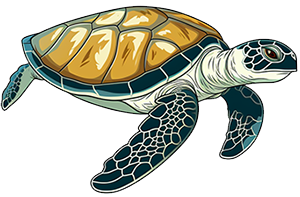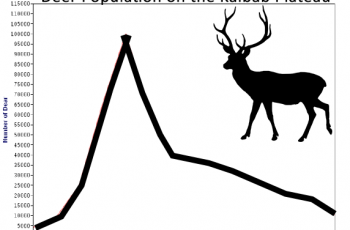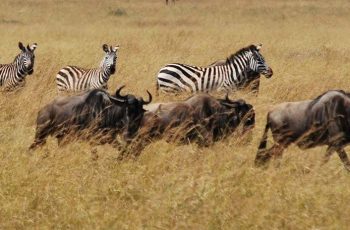Search results for: “system”
-
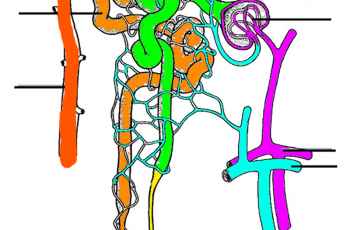
Color and Label the Nephron
Practice labeling the nephron with this reinforcement activity. Students can also color the image to identify the major structures of the nephron: glomerulus, bowman’s capsule, proximal and distal tubules, loop of Henle, collecting duct and capillaries. This was designed to go with a larger unit on how the urinary system and kidneys help the body…
-
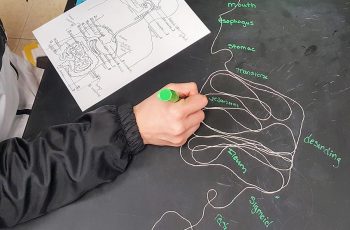
Modeling the Alimentary Canal
In this activity, students use string to model the gastrointestinal tract as a scale model. I’ve noticed that students do have difficulty with the concept of scaling, which is one of the crosscutting concepts listed in the NGSS. The directions give students measurements for a 1/3 scale model, the human alimentary canal is about 9…
-
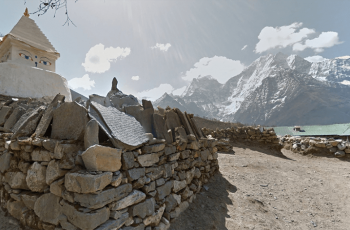
Case Study: How Do Tibetans Survive High Altitudes
Based on the Berkeley website: Understanding Evolution, this version focuses on the how the body maintains homeostasis at high altitudes. This involves increased production of red blood cells to improve oxygen supplies to tissues. Tibetan populations have adapted to high altitudes by producing fewer red blood cells which improves fetal mortality rates. Case looks…
-
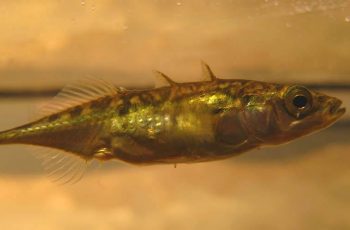
Investigation: Gene Switches in Stickleback Fish
This activity was modified from HHMI’s “Modeling the Regulatory Switches of the Pitx1 Gene in Stickleback Fish” The activity is presented as a type of investigation or case study where students examine regulatory switches and was a short film that describes the role of the Pitx1 gene in the development of spines. Students can work…
-
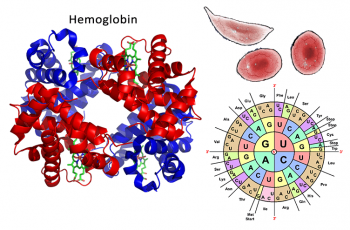
DNA, Proteins, and Sickle Cell
In this activity, students use a codon chart to compare the DNA sequence of HbA (normal hemoglobin) to HbS (sickle cell). The DNA differs in a single base, where the codon for normal hemoglobin codes for glutamine, and the mutant form codes for valine.
-
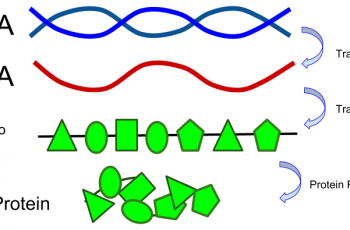
DNA, Proteins, and Mutations
Students explore how DNA becomes a function protein by using a codon chart to transcribe and translate a gene. They compare the gene found in humans to that found in other animals, deducing that the genes are very similar with only slight changes. Finally, students examine the different types of mutations and how a…
-
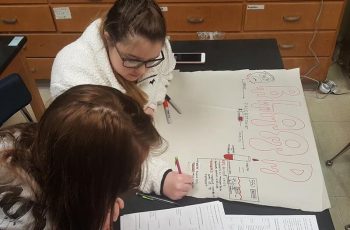
Concept Map on Blood
Students studying blood and the lymphatic students can get overwhelmed with the terminology used to describe blood and how blood is categorized. This project is designed to help students organize these difficult terms by creating a large concept map which groups related ideas together and connects them to other ideas – a concept map! …
-
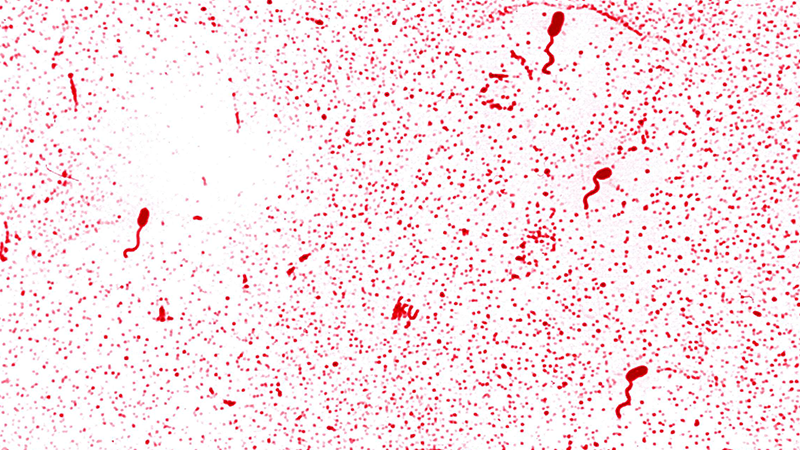
Case Study: How to Survive a Cholera Epidemic
In this case, students explore how cholera is spread and how it affects the body. The case is divided into four sections, with the first part focusing on the role of clean water supplies and the spread of bacteria. In the second part, the affects of the bacteria are examined, with attention on how the…
-
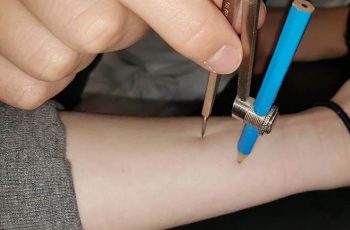
Investigation: Two Point Discrimination Test
Students investigate the sensitivity of different areas of the skin using a mathematical compass to stimulate mechanoreceptors. The procedure asks students to place the points of the compass on different areas, such as the forearm and the palm and have a test subject report whether one point is being felt or two points. The compass…
-
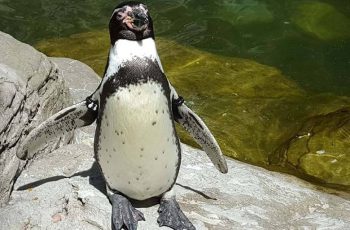
Biome Project
Students become experts in a biome and create a product, such as a pamphlet, to showcase details about their assigned ecosystem (tundra, forest, ocean..etc.)
-
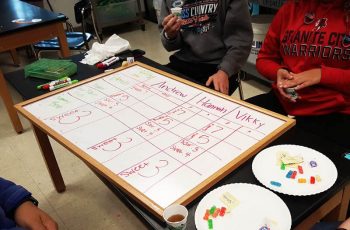
Investigation: Taste Buds and Signal Transduction
As a part of the chapter on cell signal pathways, students perform a lab that examines how their taste buds are affected by Gymnema. For this lab, I simply placed a question on the board “How does Gymnema tea affect your ability to taste sweet foods?” I provided them with a list of…
-
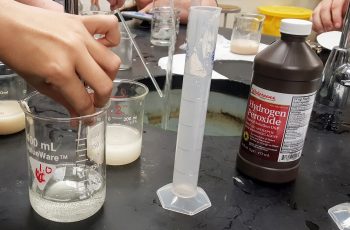
Investigation: Enzyme and Substrate Concentrations
Students who complete the Enzyme Investigation lab can further explore enzymes with this lab on how concentrations of the substrate (hydrogen peroxide) and the enzyme ( catalase) can affect the rate of reaction. In the first experiment, students simply made a judgement about the amount of bubbling to indicate reaction speed, though this is a…
